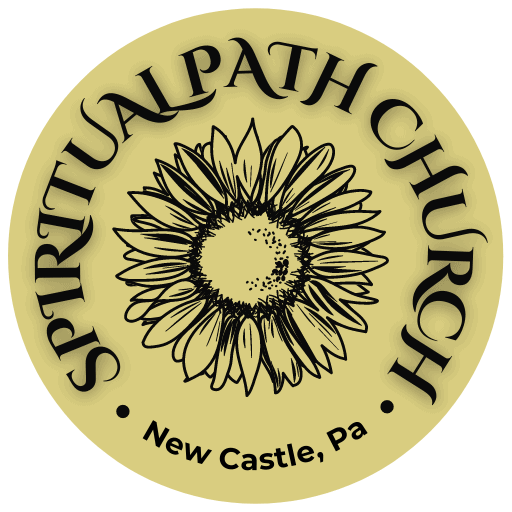John Greenleaf Whittier was born to John and Abigail (Hussey) in Haverhill, Massachusetts in 1807. Their farm was not very profitable, and Whittier suffered from bad health. He received little education but loved to read his father’s books on Quakerism. A teacher introduced him to poetry and his first poem was published in the Newburyport Free Press in 1826.
Two local editors encouraged Whittier to attend Haverhill Academy. He worked odd jobs to raise money for his tuition fees and attended the academy from 1827 to 1828, completing his high school education in only two terms. He was hired as editor of the National Philanthropist. By 1830, he was editor of the New England Weekly Review, a Whig journal in Hartford Connecticut. He became interested in politics, but after losing a congressional seat, he turned his attention to abolitionism.
In 1833, Whittier published the antislavery pamphlet Justice and Expediency. He was a founding member of the American Anti-Slavery Society and signed the Anti-Slavery Declaration of 1833. He traveled widely, attending conventions, speaking to the public, and lobbying politicians. He was editor of the Pennsylvania Freeman and the National Enquirer. At the same time, he continued to write poetry.
Many times, political activists who were interested in the rights of women and blacks became interested in Spiritualism. Whitter regarded reincarnation as a possibility and had many Transcendentalist companions. His interest in Spiritualism may have come from his mother.
Col. T. W. Higginson described Abigail Whittier as “a brilliant person, unsurpassed in my memory for the light cavalry charges of wit.” He said that when he visited her, she never failed to inquire about his “spiritual communications.” Whittier approached him in a more guarded way, with less fascination than his mother.
Judge Gates wrote, “I think it can be truly said that Mr. Whittier is not a believer in spiritualism, but he acknowledged that there was something about it which he could not explain and did not understand.” Whittier frequently related an incident which occurred in Boston. An old friend asked Whittier to visit a medium with him. He was not feeling well, so the friend went alone. When the friend returned, he had a message for Whittier.
“‘Well,’ he replied, ‘I saw Henry Wilson.’ ‘Did you? What did Henry have to say?’ ‘ He spoke of you in very complimentary terms.’ ‘What did he say about me?’ ‘He said if he were to live his life over again, he would pattern more after you, because he thought you had made less mistakes in your political life than any one he had known.’” Whittier was taken a back because Henry Wilson had stated something similar just before his death.
Being raised as a Quaker, Whittier would not accept another religion. He spoke of Spiritualism as something to be explained. Mary Baker Eddy’s secretary participated in a séance attended by Whittier, poet Lucy Larcom and Mr. Colby of the Banner of Light. Eddy was attending to demonstrate that spiritualism was mind reading and not communication with the dead. Whittier’s motivations for attending the séance were unclear.
After the passage of the Thirteenth Amendment in 1865 which ended slavery Whittier turned to other forms of poetry for the remainder of his life. If he attended other seances, it was not recorded. He died at this home in Massachusetts in 1892.
Additional Reading:
Higginson, Thomas Wentworth (1902) John Greenleaf Whittier. Macmillan Co., London.
Kennedy, W. Sloane (1892) John Greenleaf Whittier: His Life, Genius, and Writings. D. Lothrop Co., NY E-book https://www.gutenberg.org/files/37191/37191-h/37191-h.htm
Tomlinson, Irving C. (945) Twelve Years with Mary Baker Eddy. Christian Science Publishing Company, Boston.
A Mystery
The river hemmed with leaning trees
Wound through its meadows green;
A low, blue line of mountains showed
The open pines between.
One sharp, tall peak above them all
Clear into sunlight sprang
I saw the river of my dreams,
The mountains that I sang!
No clue of memory led me on,
But well the ways I knew;
A feeling of familiar things
With every footstep grew.
Not otherwise above its crag
Could lean the blasted pine;
Not otherwise the maple hold
Aloft its red ensign.
So up the long and shorn foot-hills
The mountain road should creep;
So, green and low, the meadow fold
Its red-haired kine asleep.
The river wound as it should wind;
Their place the mountains took;
The white torn fringes of their clouds
Wore no unwonted look.
Yet ne’er before that river’s rim
Was pressed by feet of mine,
Never before mine eyes had crossed
That broken mountain line.
A presence, strange at once and known,
Walked with me as my guide;
The skirts of some forgotten life
Trailed noiseless at my side.
Was it a dim-remembered dream?
Or glimpse through aeons old?
The secret which the mountains kept
The river never told.
But from the vision ere it passed
A tender hope I drew,
And, pleasant as a dawn of spring,
The thought within me grew,
That love would temper every change,
And soften all surprise,
And, misty with the dreams of earth,
The hills of Heaven arise.
John Greenleaf Whittier 1873.

